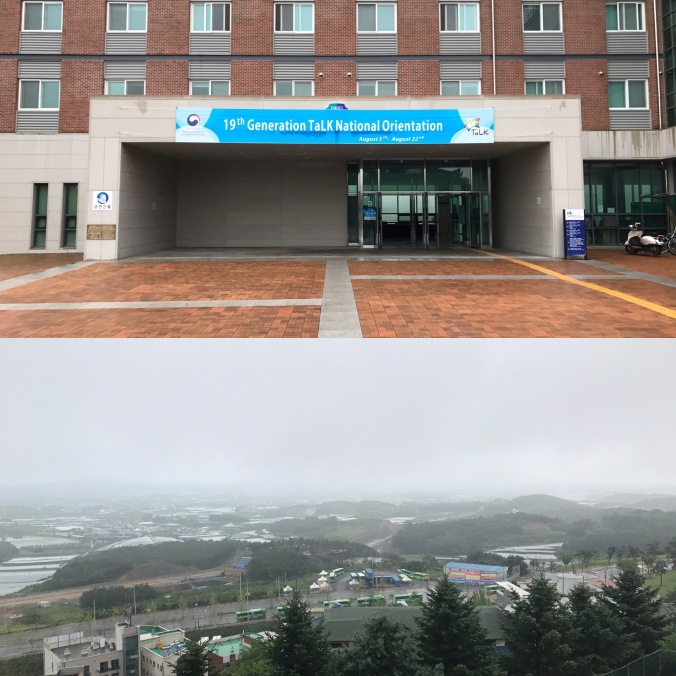I just finished up lecturing for the 2013 11th Generation TaLK Scholar Orientation. I really enjoy lecturing at the TaLK orientations. The staff is always great, hardworking, and friendly. Seeing and spending time with such a great assortment of young educators from around the world is always inspiring. Many of the scholars are here for different reasons, some are here just to experience Korea, some are here to take some time off, some are here to get teaching experience, but no matter the reason all of them were sincerely interested in becoming a thoughtful and caring teacher. I know when they leave Korea and go back to their homes they reflect upon their time here. This reflection might be just talking to some friends over a beer or two, looking at photos with friends and family, or even writing about their experiences on a blog. No matter if they consciously do it they all will take the time for reflection.
This brings me to my topic of classroom assessment. This was my first time teaching the classroom assessment portion of an orientation and while most of us are familiar with classroom assessment I wanted to focus this blog post on the reflection portion of the assessment cycle. Reflection has been a focus of mine for the last few years and as I have grown from being able to realize that I need to in fact engage in reflection to being able to anticipate issues before they happen, I still struggle with evaluating my classroom assessment strategies, primarily how effective my assessment as learning strategies are.
My main concerns are being able measure and show a correlation to the strategies used that show an effect size that is substantial enough to prove the strategy works. So basically do my strategies really work and to what effect? This semester as I begin to work with the second semester freshman English conversation students for the first time, I plan to implement in full force assessment as learning to help to give reason and measurable and observable progress in their learning that the students themselves can monitor. With backing and guidance from my department head and colleagues we will be really pushing the limits of our students in this aspect in hopes of giving them a reason to not only stay in the department but more importantly fuel the spark that they have for being an English major into a unstoppable life long passion. So indeed there will be much reflection in how to “fuel this spark”. Further blog posts will detail this and follow out progress but I want to leave with asking a few questions:
1. When you see this spark in your class, how do you fuel it with classroom assessment?
2. How do you provide your students will measurable and observable learner outcomes in the EFL classroom setting?
These are two questions that I will be constantly asking myself this semester. Let me know your thoughts on this. Have a great semester as we get started up again. To the TaLK scholars fee free to leave questions or if you have a problem let me know. I will post up some links to my resources.
Training material:
Class Assessment Manuscript
Class Assessment PPT
http://www.waygook.org Great teacher led forum with thousands of lessons and resources , i.e. the bomb game.
http://www.slideshare.net/LienadRasanoom My slideshare page. Slide share is a great place to share your PPTs.
http://prezi.com/user/dmoonasar/ My Prezi page
If you need anything in this folder feel free to use it and share.
